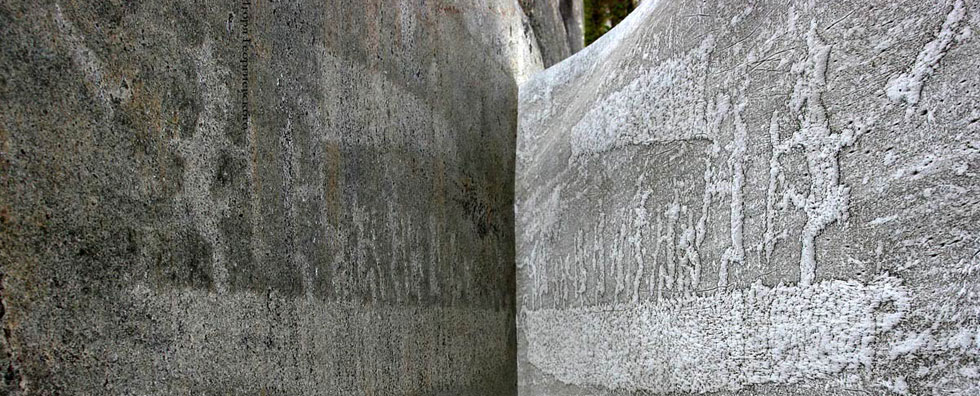
Issue №4, Vol. 17
Timokhova O., Burmistrova O., Timokhov R. the relationship between the parameters of viscosity and adhesion strength of thermal spray coatings of forest machine parts // Resources and Technology. 2020. №4, Vol. 17. P. 80‒94.
DOI: 10.15393/j2.art.2020.5482
the relationship between the parameters of viscosity and adhesion strength of thermal spray coatings of forest machine parts
| Timokhova Oksana Mikhailovna | Ukhta State Technical University, chonochka@mail.ru |
| Burmistrova Olga | Ukhta State Technical University, oburmistrova@ugtu.net |
| Timokhov Roman | Ukhta State Technical University, pomeo1188@mail.ru |
|
Key words: forest machines thermal spray coating fracture toughness bond strength |
Summary: During operation, forest machines are affected by various factors that have a significant impact on the technical condition of the main units, assembly units and individual parts. The effects of corrosion on all exposed metal surfaces cause significant damage. Protection methods are developed with a special focus on corrosion fatigue, corrosion cracking, and corrosion-mechanical wear. However, according to statistics, mechanical wear is the most common reason that causes replacement of a particular part. Worn mating parts begin to interact with deviations from the initial adjustments that results in even more intensive wear of the contacting surfaces. Consequently, reuse of worn parts is of potential economic value, as developed countries have already proved. For example, in the USA, according to the Association of Tractor Parts Dealers, more than 500 enterprises are directly involved in the restoration of worn out assemblies and individual parts. Efficient use of resources requires the introduction of new technologies that can increase the service life of forestry machines, and reduce the energy and material intensity of production. The use of modern coating methods in the repair and manufacture of forest machine parts contributes to a significant increase of their durability. The authors have investigated thermal gas coatings containing molybdenum for spraying onto a steel substrate using an electric arc, plasma spraying, and high-speed gas-plasma spraying. Experimental studies of the tensile strength of the joint were performed to study the degree of adhesion and cohesive strength of coatings. Vickers indentation crack resistance studies were performed both parallel and perpendicularly at the coating-substrate interface to study the crack resistance of the material in relation to the microstructure, direction of indentation, hardness and length of microcracks arising under various loads. It was found that the direction and load of indentation influences the fracture toughness. The relationship between fracture toughness and adhesion strength of the formed thermal gas coatings is found. |
Displays: 879; Downloads: 580;




